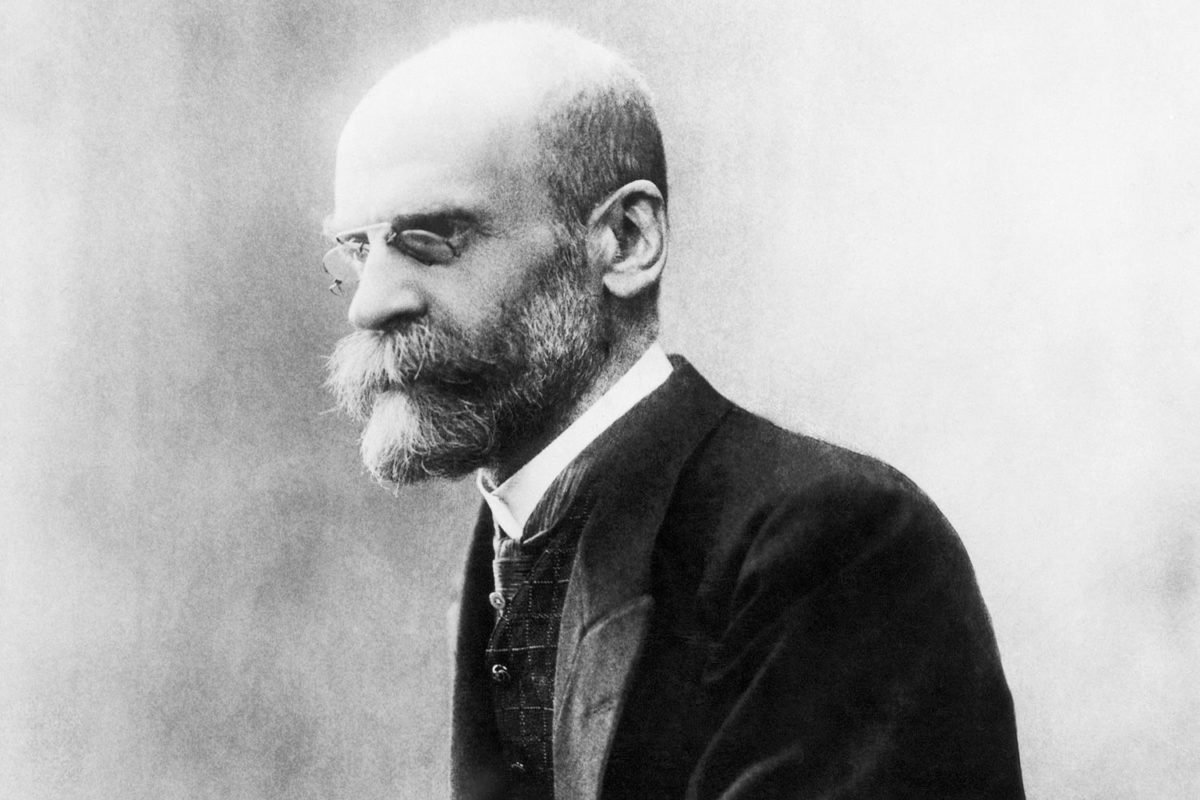Unipop: The invention of the figure of the individual by the first sociologists #2
Cultural café

The figure of the individual is omnipresent in our contemporary societies. It is obvious to say that social practices – of work, culture and leisure, etc. – are individualizing. – are individualizing. They are the work of individuals whose “qualities”, “performances”, “skills”, etc. are praised and/or cultivated.
We live in a society that values the individual more and more, often to the detriment of what socially links him to others. Because the individual is also a social being.
The health crisis that we have been going through for almost two years shows this in its pathological effects. The successive confinements remind us that the individual needs “social relations”, that his personal development depends on multiple forms of sociability.
It is this relationship between the pole of the individual and the pole of society that I wish to analyze. I will privilege the approach of the first great sociologists of the end of the nineteenth century and the beginning of the twentieth century.
These sociologists had, indeed, to think the emerging figure of the individual in the societies which were industrializing. What will hold my attention is the way they define the relation between the individual and the society and how this relation is crossed by multiple tensions which illustrate what I will call the social nature of the individuals.
Session 2 :
“Durkheim 2: The individual as an anomic being or the pathologies of the social bond” or “Durkheim 2: The individual as a de-socialized being and the failure to integrate the social”.
Date: Périscope, Monday, February 21, 2022, 19h-21h.
In this second session, the aim is to complete the previous analyses by showing that the Durkheimian figure of the individual is traversed by tensions that manifest the complexity of the institution of modern societies. This pathology of the social bond will be studied from one of his major works – Suicide [1897] – where Durkheim tries to demonstrate that this act, radically individual, is nevertheless determined, in part, by social causes. Studying suicide is then a way to understand the paradoxical form of the relations that involve the individual and society.


